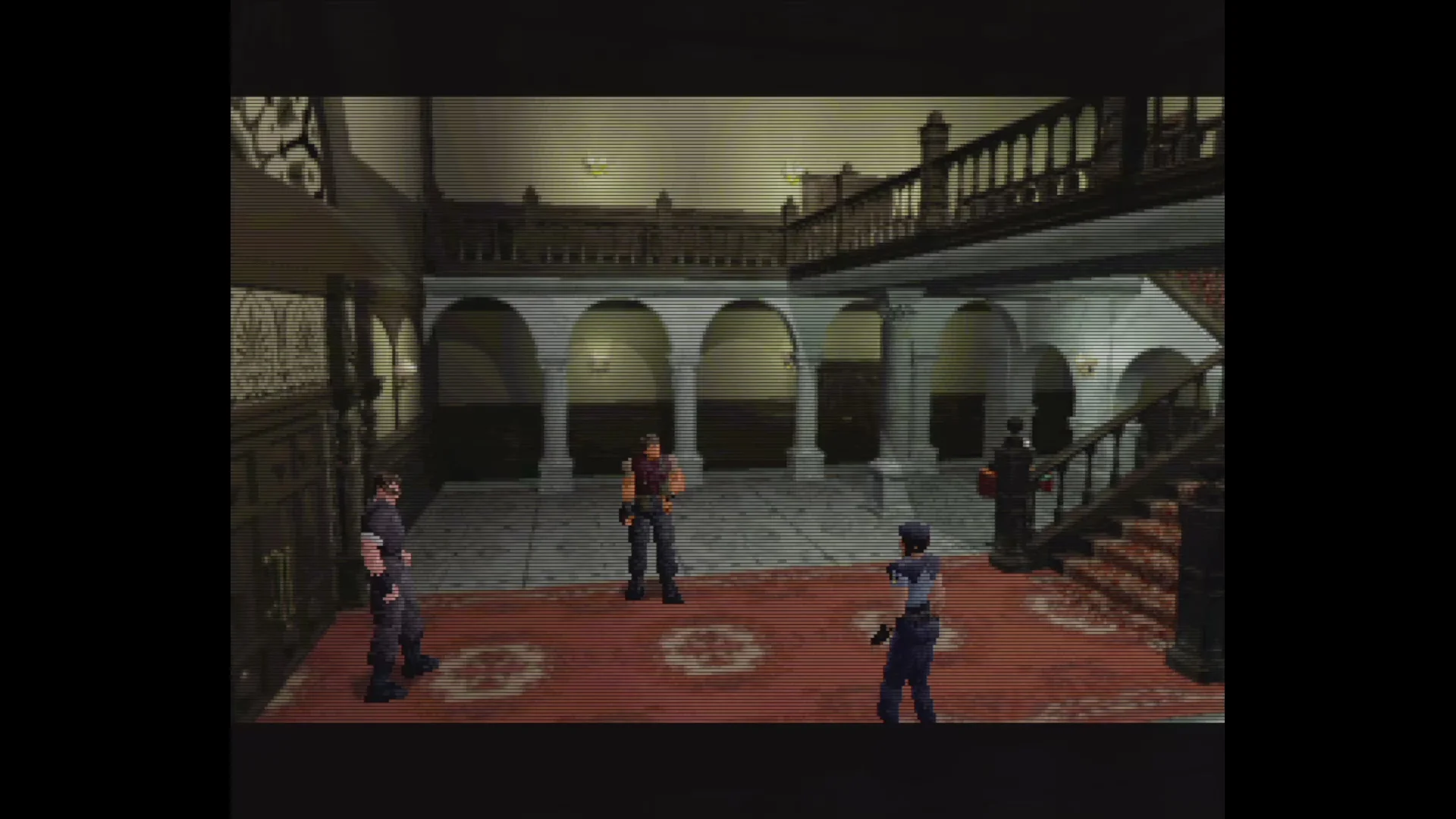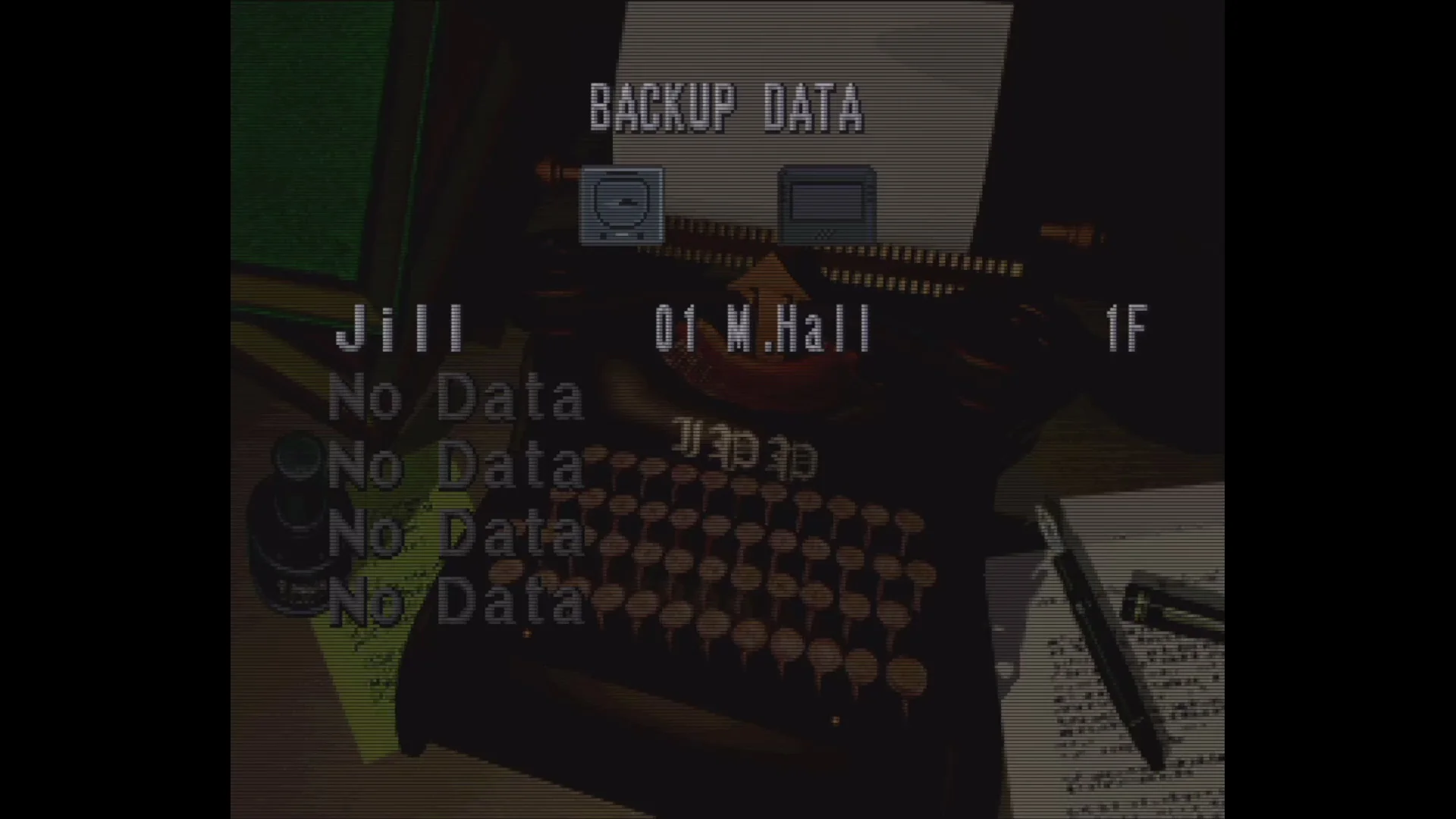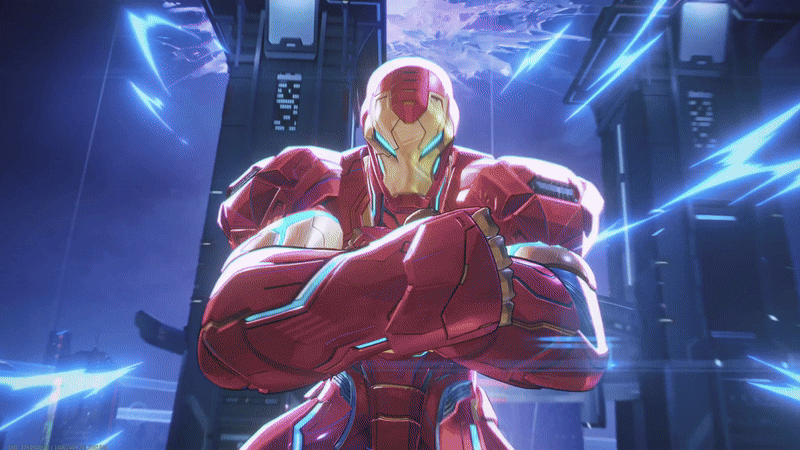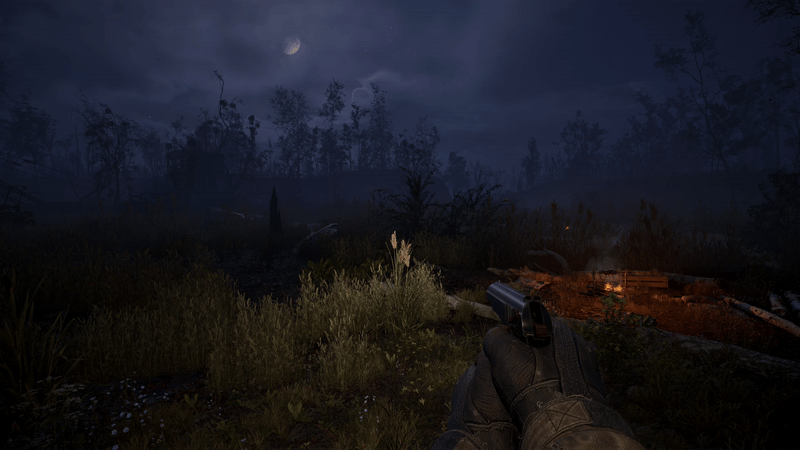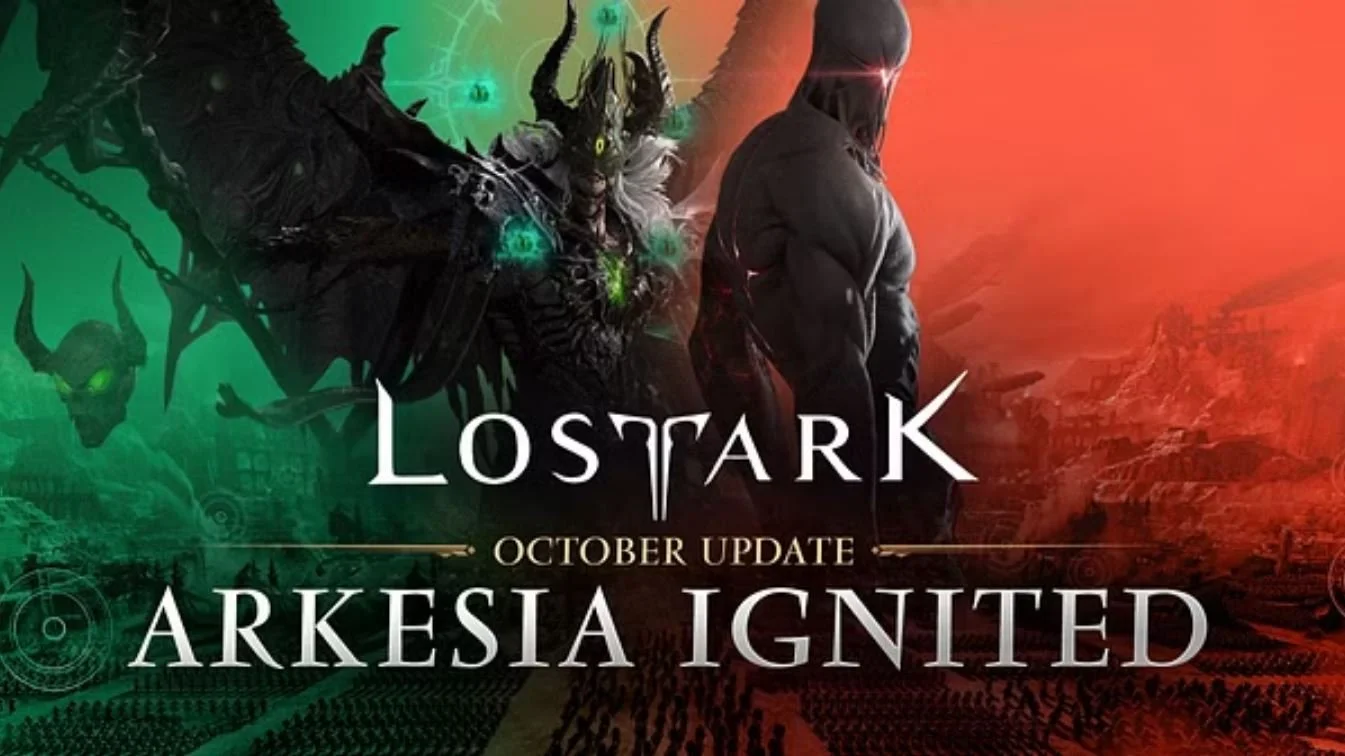Resident Evil VII: Biohazard is coming out in two and a half weeks! Let’s get the hype train rolling by looking back at the original classic! Resident Evil came out back in March 30, 1996 on Sony PlayStation. Over the last 20 years Resident Evil has been ported and updated multiple times with a full “REmake” coming to Nintendo GameCube in 2002. After 20 years is there still something for gamers to enjoy in Resident Evil?
Background
Summer 1998 Racoon City becomes gripped in fear. Numerous residents have been murdered and the bodies have been eaten by the attackers. To investigate these crimes the Special Tactics and Rescue Squad, S.T.A.R.S., is called into action. Believing that the attackers were hiding in the nearby woods, S.T.A.R.S. Bravo Team was dispatched to investigate the area and apprehend those responsible for all the murders. Contact with Bravo Team has just been lost.
Gameplay
Resident Evil has players assume the role of either S.T.A.R.S. Alpha Team members Chris Redfield or Jill Valentine. Each character has unique traits that provide a different gameplay experience. Chris has less weapon choices but more health and an inventory of six slots providing a slightly harder experience. Jill on the other hand has less health more weapon choices and an inventory space for eight items. Jill also has a lock pick set that allows her to open doors that Chris will need to find keys for.
Aside from character differences, the basic gameplay in Resident Evil is the same between both playthroughs. Players need to find keys and items to help them make it out of the mansion alive. Ammo is limited for the weapons you have and zombies and other creatures populate the mansion and other playable areas just waiting for you to waste your valuable resources on them. Like ammo, healing items are scarce so taking a lot of damage in a fight could prove to be fatal for the next encounter or boss fight. To help increase the sense of scarcity Resident Evil also has a save system that relies on the limited number of Ink Ribbons hidden throughout the game.
The major misstep of Resident Evil comes from its controls. Its controls are affectionately(?) known as “Tank Controls”; players will stumble their way around the game. Resident Evil also does not let players move and shoot at the same time which can lead to some frustrating encounters with enemies.
Sound
Resident Evils audio ranges from amazing to “OMG what!” Weapon sound effects, the groans of zombies, and the cries of Hunters, enemies encountered later in the game, sound great. Music provides a wonderful ambiance to enhance the horror atmosphere. But, voice acting is flat out bad to hilariously bad. The bad voice acting in a way gives Resident Evil its charm and who can complain about the memes that have been spawned because of it; Jill sandwich anyone?
Graphics
Resident Evil uses 3D characters on pre-rendered backgrounds. Characters and enemies look good but have some clipping issues at joints. Backgrounds still look nice even if they are slightly dated. Resident Evil also includes a few live action cutscenes that look like they are straight out of a B movie, pure cheesiness.
Conclusion
Resident Evil despite its age is still a solid survival horror game. Between the setting and the story, I will always keep a copy of Resident Evil on hand to replay. While “REmake” may be a better entry point for franchise newcomers, players may still enjoy the challenge of beating the original classic.
TL:DR Great story, great setting, great game.
Buying Guide
Alright, I convinced you, huh? How can you play this game?! Resident Evil is available in its original version and “REmake” version on multiple platforms.
Choosing which version is best for you:
PlayStation (~$9-$25) – Resident Evil has three different versions on PlayStation: the original, director’s cut, and DualShock version. The original version is covered by this review. The director’s cut includes a new arranged mode with different item placements. The DualShock version is an update on the director’s cut which included new analog control, vibration, and a new soundtrack.
Saturn (~$35) – A port of the original version of Resident Evil with a new battle mini game, an additional enemy type, and a second Tyrant fight.
PC ($19.99-~$90) – A port of the director’s cut was ported to Windows 95 and is hard to find now. An HD rerelease of “REmake” has also been released on Steam, with new widescreen option and updated controls. No more Tank Controls!
GameCube ($10) – A complete “REmake” of the 1996 classic featuring new graphics, sound effects, voice overs, and locations.
Nintendo DS (~$18) – An enhanced port of the original version of Resident Evil featuring a classic mode and a new DS centered Rebirth mode which had players utilize the touch screen to fight enemies and solve puzzles.
Wii (~$8) – A port of “REmake” with added control options.
Xbox 360/One ($19.99) - An HD rerelease of “REmake” with new widescreen option and updated controls. No more Tank Controls!
PlayStation 3/4 ($9.99-$19.99) - An emulated port of DualShock edition is available on PSN for PS3, as well as an HD rerelease of “REmake” with new widescreen option and updated controls. No more Tank Controls!
My favorite way to play the original version of Resident Evil is on Sega Saturn due to its extra boss fight and enemy type making the game more challenging. For the “REmake” I prefer the HD version available on PC, PlayStation 4, or Xbox One.


